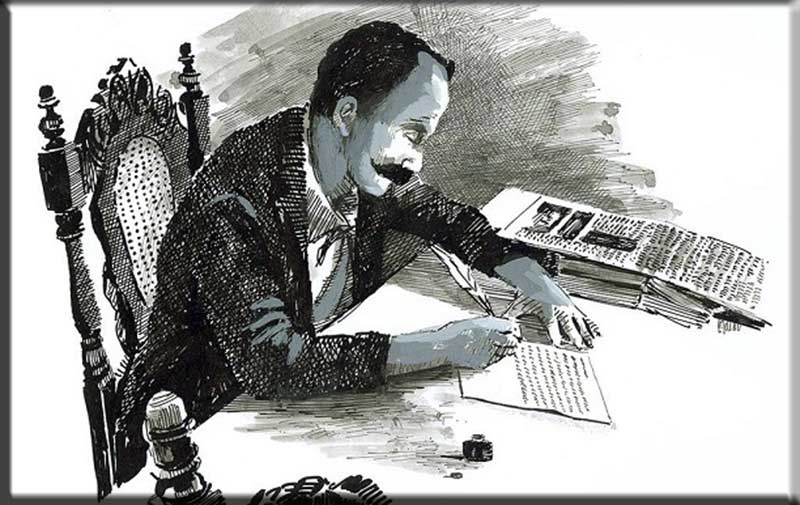When the Homeland beats in words
- Written by Jorge Ernesto Angulo Leiva, Granma
- Published in Culture
- Hits: 1474
 This March 14, the Cuban press celebrates the 132nd anniversary of Patria newspaper's founding.
This March 14, the Cuban press celebrates the 132nd anniversary of Patria newspaper's founding.
"His work is journalism, but journalism elevated to an artistic level, as it has never been seen in Spanish, nor probably in any other language". This is how the Dominican intellectual Pedro Henríquez Ureña confessed his dazzlement before the legacy of José Martí in that work.
In order to enamor the public with his cause, the Apostle maximized the utilitarian function of writing and privileged communicative forms such as oratory and work in the press.
His journalistic practice contributed to the founding of modernism, but at the same time he pointed out the urgency and the hope of a modernity different from the one imposed under the imperial sign, where development has a price: the suffering of others.
Like the Great Semi referred to in the essay Our America, the National Hero watered, "seated on the back of the condor (...) through the romantic nations of the continent and the painful islands of the sea, the seed of the new America". He propagated his ideas from trenches such as Revista Universal and El Partido Liberal, in Mexico; La Opinión Nacional, in Caracas, and La Nación, in Buenos Aires.
In New York, inside the bowels of the monster, he continued his efforts to liberate man -immediately in his native country and in Puerto Rico-, in addition to his commitment to spiritual communion and the indigenous progress of Latin America and to planetary balance in the face of the emergence of a power ready to achieve hegemony by any means.
Patria, published for the first time on March 14, 1892, and considered by the scholar Pedro Pablo Rodriguez, "the apotheosis of the journalistic integrity of the Cuban leader", became the official organ of the Cuban Revolutionary Party and spread its program, its bases and purposes, to convince about its struggle through combat and propaganda texts.
There, Martí ventured into the direction and reduced his activity as an exceptional chronicler in favor of opinion articles and editorials, without any concession to his literary gifts. He turned those pages into an open window to the elements of the Cuban identity that mobilized the pride of his people.
The Apostle assumed, beyond the limits, his original conception of the word, female of the act, and fertilized it with the sweat of his existence and with the death he offers to those who fight for life.
Since 1992, the Cuban press family celebrates its day every March 14. That date marks a commitment, a course: to get closer and closer to the embrace of the homeland from journalism.
